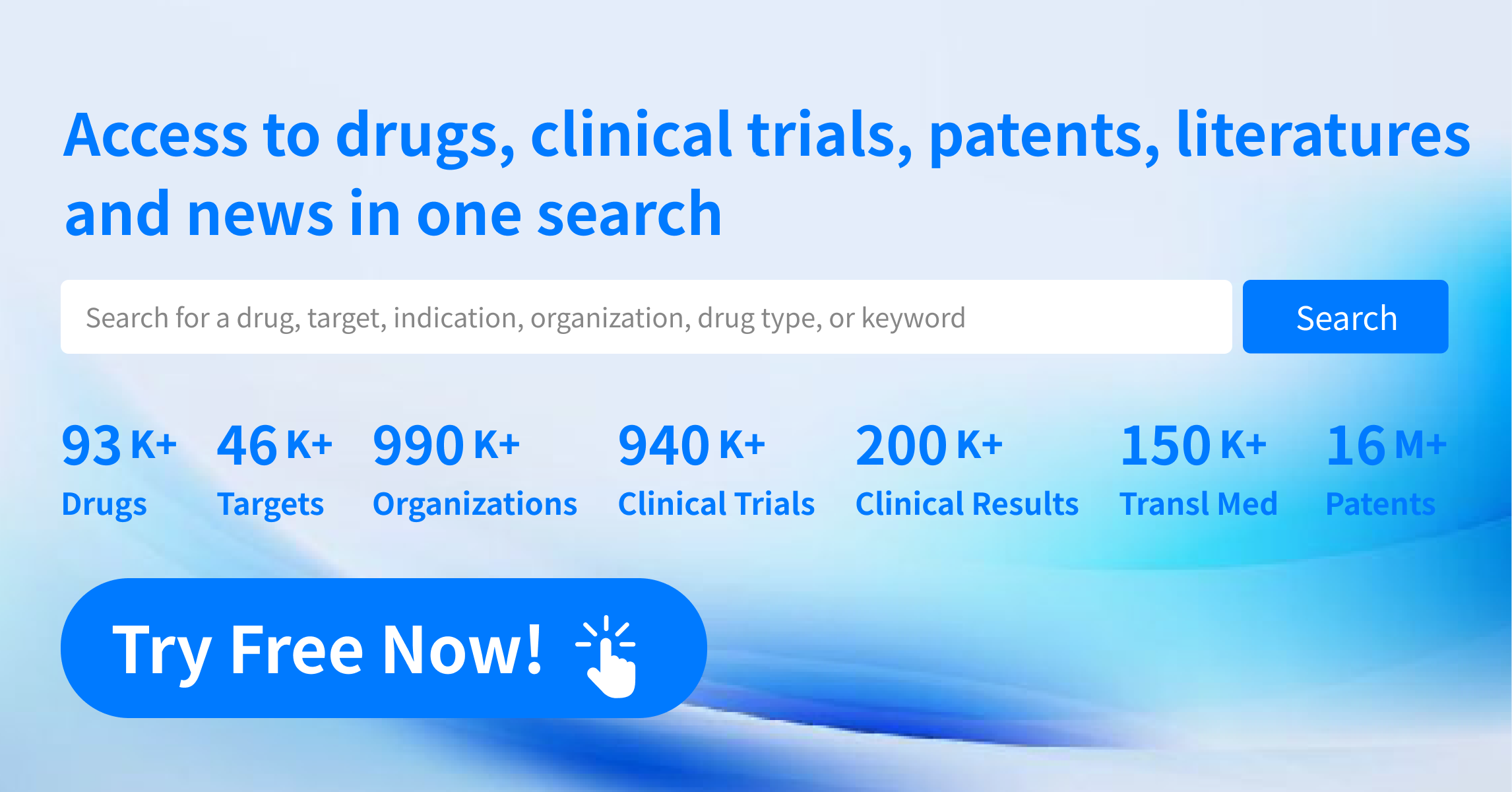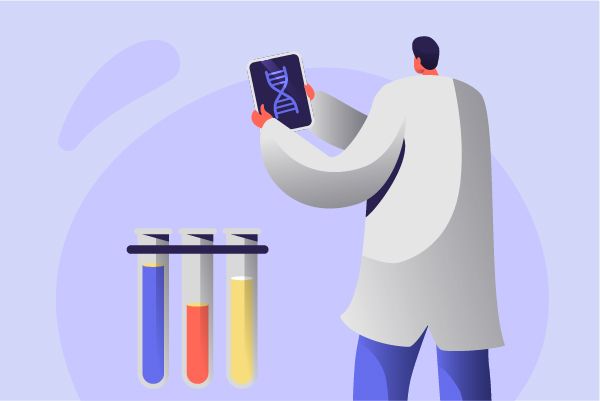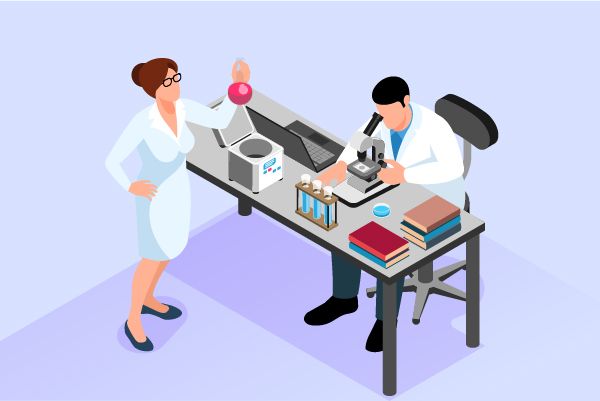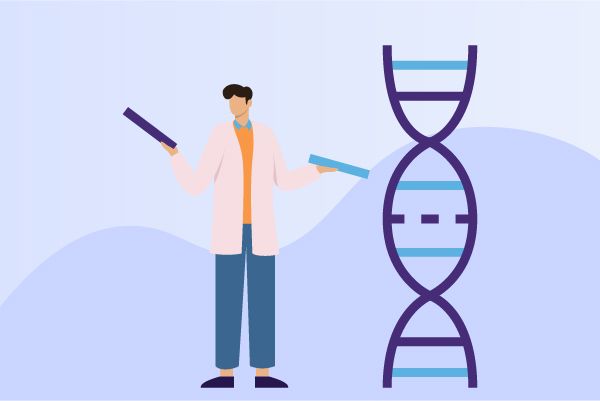Pharma Frontiers: Daily Digest of Global Pharmaceutical News – Sep 12
1.Dupilumab Achieves Success in Two Phase III Clinical Trials
On September 11, Sanofi announced positive results from both the Phase II/III ADEPT study for bullous pemphigoid (BP) and the Phase III LIBERTY-CUPID Part C study for chronic spontaneous urticaria (CSU) evaluating Dupilumab (brand name: Dupixent). This marks the first biologic to show positive progress in late-stage research for BP. The ADEPT study is a 52-week randomized, double-blind, placebo-controlled clinical trial (n=106) assessing the efficacy and safety of Dupilumab (300 mg every two weeks) combined with oral corticosteroids (OCS) versus placebo combined with OCS in adults with moderate-to-severe BP. Results showed that at week 36, the proportion of patients achieving sustained remission was higher in the Dupilumab group compared to the placebo group (20% vs. 4%, p=0.0114). Sanofi plans to submit a supplemental Biologics License Application (sBLA) for Dupilumab based on these positive outcomes later this year. BP is a chronic relapsing disease characterized by severe itching, blistering, skin inflammation, and chronic pain. Currently, there is no approved targeted therapy for this condition.
2.World's First Phase III CD47 Solid Tumor Trial Launched: Akeso's AK112 + AK117 vs. Pembrolizumab
On September 11, the Drug Clinical Trial Registration and Information Platform showed that Akeso has initiated a head-to-head Phase III study comparing AK112 (Ivonescimab) combined with AK117 (Ligufalimab) to Pembrolizumab as first-line treatment for PD-L1 positive (CPS≥1) recurrent/metastatic squamous cell carcinoma of the head and neck. This is the first Phase III study exploring the efficacy of CD47-targeting drugs in solid tumors, with overall survival (OS) as the primary endpoint.
At the upcoming ESMO conference, Akeso will also present data on AK112 combined with AK117 for first-line treatment in colorectal cancer and head and neck squamous cell carcinoma, with the former selected for an oral presentation. Disclosed abstracts show that in an open-label, multicenter, Phase II randomized study, patients in the FOLFOXIRI + Ivonescimab + Ligufalimab (Group B) arm had an ORR of 88.2% (15/17), compared to 81.8% (18/22) in the FOLFOXIRI + Ivonescimab (Group A) arm; both groups had a DCR of 100%. The 9-month PFS rates were 86.2% (95% CI: 55%-96.4%) vs. 81.4% (95% CI: 52.1%-93.7%), respectively.
3.Sacituzumab Govitecan Combined with "O+Y" First-Line mUC Study Terminated
The 2024 ESMO conference abstracts have been released, revealing the results of a Phase I/II clinical trial by Gilead and Bristol-Myers Squibb on Sacituzumab Govitecan combined with Nivolumab and Ipilimumab as first-line treatment for cisplatin-ineligible locally advanced or metastatic urothelial carcinoma (mUC). The data showed that the 8 mg/kg combination therapy was effective in cisplatin-ineligible mUC; however, the trial was prematurely terminated due to higher-than-expected Grade 5 toxicity. Efficacy results indicated that 17 out of 25 patients receiving RP2D were evaluable for response. The overall response rate (ORR) was 88.2% (95% CI: 63.56–98.5%), with the median overall survival (mOS) not yet reached and the median progression-free survival (mPFS) at 31.99 months (95% CI: 10.78–NE). The median duration of response (mDOR) was 6.64 months, with a median follow-up time of 16.67 months. Related studies are ongoing to identify biomarkers for activity and severe myocarditis.
4.AstraZeneca’s "First-Class Cholesterol-Lowering Drug" Approved for Clinical Trials in China
On September 11, AstraZeneca’s first-in-class drug AZD0780 film-coated tablets received an implied clinical trial approval in China, intended for the treatment of dyslipidemia in patients with inadequately controlled LDL-C levels despite standard therapy. AZD0780 is an oral PCSK9 small-molecule inhibitor developed by AstraZeneca, with positive Phase I clinical trial results presented at the European Atherosclerosis Society (EAS) Congress in May 2023. The study showed that AZD0780, when combined with the statin Rosuvastatin, reduced LDL-C levels by nearly 80%. AstraZeneca continues to accelerate its global CVRM (Cardiovascular, Renal, and Metabolism) business expansion, with several projects advancing in China.
5.Betta Pharmaceuticals' EGFR/c-MET Bispecific Antibody Clinical Trial Application Accepted
On September 11, Arrowhead Pharmaceuticals announced that the U.S. FDA granted Breakthrough Therapy designation to its investigational drug plozasiran. This designation was awarded as an adjunct therapy to dietary control for reducing triglyceride levels in adult patients with familial chylomicronemia syndrome (FCS). FCS is a severe and rare genetic disorder characterized by extremely elevated triglyceride levels, which can lead to acute and potentially life-threatening pancreatitis. Currently, there are no FDA-approved treatments for FCS. Plozasiran is a potential "first-in-class" RNAi therapy targeting the APOC3 gene. APOC3 is a component of triglyceride-rich lipoproteins (TRLs) and a key regulator of triglyceride metabolism. APOC3 increases triglyceride levels in the blood by inhibiting the breakdown of TRLs by lipoprotein lipase and reducing the liver's uptake of TRL remnants. The goal of plozasiran is to lower triglyceride levels by downregulating APOC3 and restore lipid levels to a more normal range. Previously released results from the Phase III PALISADE clinical trial showed that plozasiran reduced triglyceride levels by 80% from baseline in genetically confirmed FCS patients, and lowered the risk of acute pancreatitis by 83%.
6.Duality Biologics: First Bispecific Antibody-Drug Conjugate (ADC) IND Application Accepted
On September 11, Duality Biologics announced that the clinical trial application for DB-1419 injection has been accepted by China's NMPA. Recently, DB-1419 also received FDA IND approval. DB-1419 is Duality Biologics' first bispecific ADC, targeting PD-L1/B7H3, and using the TOP1 inhibitor P1003 as the payload, similar to DB-1303. The company’s second bispecific ADC targets EGFR/HER3. DB-1419 is a potentially first-in-class B7-H3/PD-L1 bispecific ADC, utilizing a novel binding and internalization mechanism that demonstrates superior efficacy compared to traditional monospecific ADCs, effectively overcoming resistance caused by reduced expression of single targets. Preclinical studies have shown that DB-1419 can both kill cancer cells and activate T-cells. In immune-reconstituted models, DB-1419 exhibited stronger tumor growth inhibition compared to monospecific B7-H3 ADCs.
7.$35 Million Upfront Payment: Gilead Bets on AI-Driven Drug Discovery
On September 10, Gilead and Genesis Therapeutics announced a strategic collaboration to leverage AI in discovering and developing novel small-molecule therapies targeting three undisclosed molecular targets. Under the terms of the agreement, Gilead will pay Genesis an upfront fee of $35 million, and Gilead will have the right to nominate additional targets based on predetermined target fees. Genesis is eligible for additional payments tied to preclinical, clinical development, regulatory, and commercial milestones for each project. The two companies will closely collaborate during preclinical development, with Gilead holding exclusive rights to potential clinical development and commercialization of the partnered compounds. If Gilead successfully commercializes any of the products, Genesis will also be eligible for tiered royalties based on net sales.
How to obtain the latest research advancements in the field of biopharmaceuticals?
In the Synapse database, you can keep abreast of the latest research and development advances in drugs, targets, indications, organizations, etc., anywhere and anytime, on a daily or weekly basis. Click on the image below to embark on a brand new journey of drug discovery!




